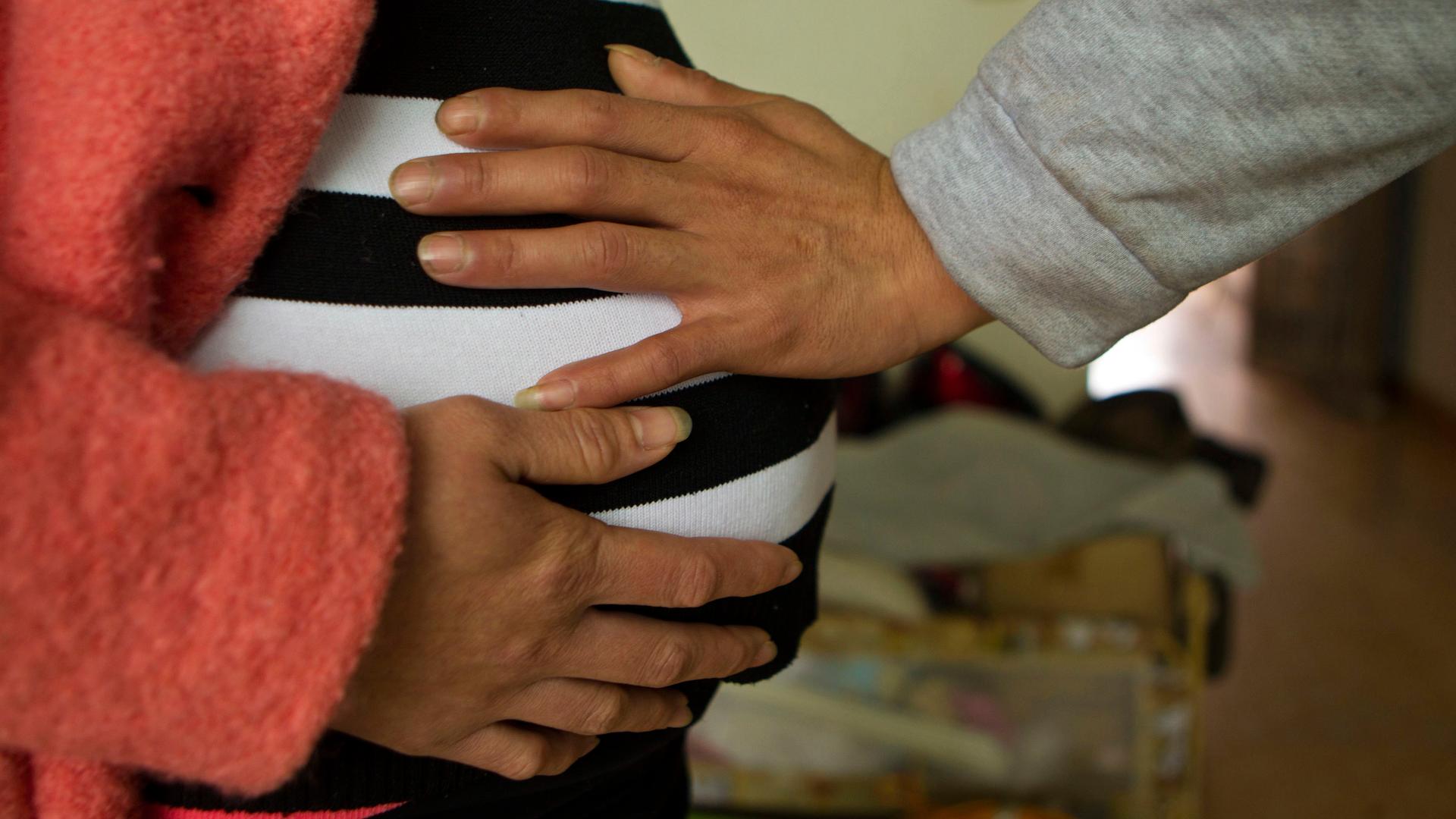Here’s what happens in a country where women are punished for having abortions
A pregnant woman
Republican presidential frontrunner Donald Trump said women should be punished for having abortions if the procedure is illegal in the US. In El Salvador, women are punished for having abortions.
Some Salvadoran women say the near-total ban on abortions ends up punishing those who haven't even attempted to terminate their pregnancies. Paula Avila-Guillen — a lawyer and program specialist for the Center for Reproductive Rights in El Salvador — says women who experience spontaneous miscarriages often end up being prosecuted on suspicion of aborting their babies.
"If they cannot prove that it was a natural miscarriage," she says, "they are under suspicion of having had an abortion and they risk prosecution by the government."
Avila-Guillen says women who have any type of obstetric emergency — miscarriage or still birth — have been prosecuted for them, accused of having attempted abortion and sometimes charged with aggravated homicide, even sentenced to up to 40 years in prison.
She mentions the case of Cristina Quintanilla, a 17-year-old mother of one expecting her second child. When Quintanilla experienced intense pains, Avila-Guillen says the family got her to a hospital.
"And when she gets to the hospital," Avila-Guillen says, "they tell her that she [was suspected] of having had an abortion and that they need to call the prosecutor. They call the prosecutor and she goes from the hospital to the prison. … She didn't even understand what was happening. She didn't even completely comprehend why she would even need a lawyer."
Quintanilla received a 30-year sentence for infanticide. She served four of those years and was subsequently released upon receiving legal assistance.
Avila-Guillen says another consequence of the country's abortion ban is a spike in illegal abortion, "and illegal abortion is one of the the main maternal mortality causes in Latin America."
Legal abortions remain rare in Latin America.
The World's Monica Campbell is based in Mexico City and has reported on abortion laws throughout Latin America. She says it's hard to put an exact number on how many women die from illegal abortions because the procedures go on underground, but says the number is in the thousands per year.
"[Women] take these pills, they're not supervised, and a lot of these women can end up in the ER," Campbell says, "but it is a safer way than some of the grimmer ways that women can seek out abortions in Latin America. I'm particularly remembering a young woman I met — she was 13, she was raped by her cousin in a very rural part of Mexico, and she sought out a woman who actually gave her a multi-day massage to try to massage the baby out. That's typical."
Colombia and Mexico City recently relaxed their abortion restrictions. But in most other Latin American countries, abortion remains strictly illegal.
In El Salvador, Avila-Guillen says the law creates a stigma for women: "They are guilty from the moment they arrive to the hospital."
We want to hear your feedback so we can keep improving our website, theworld.org. Please fill out this quick survey and let us know your thoughts (your answers will be anonymous). Thanks for your time!
